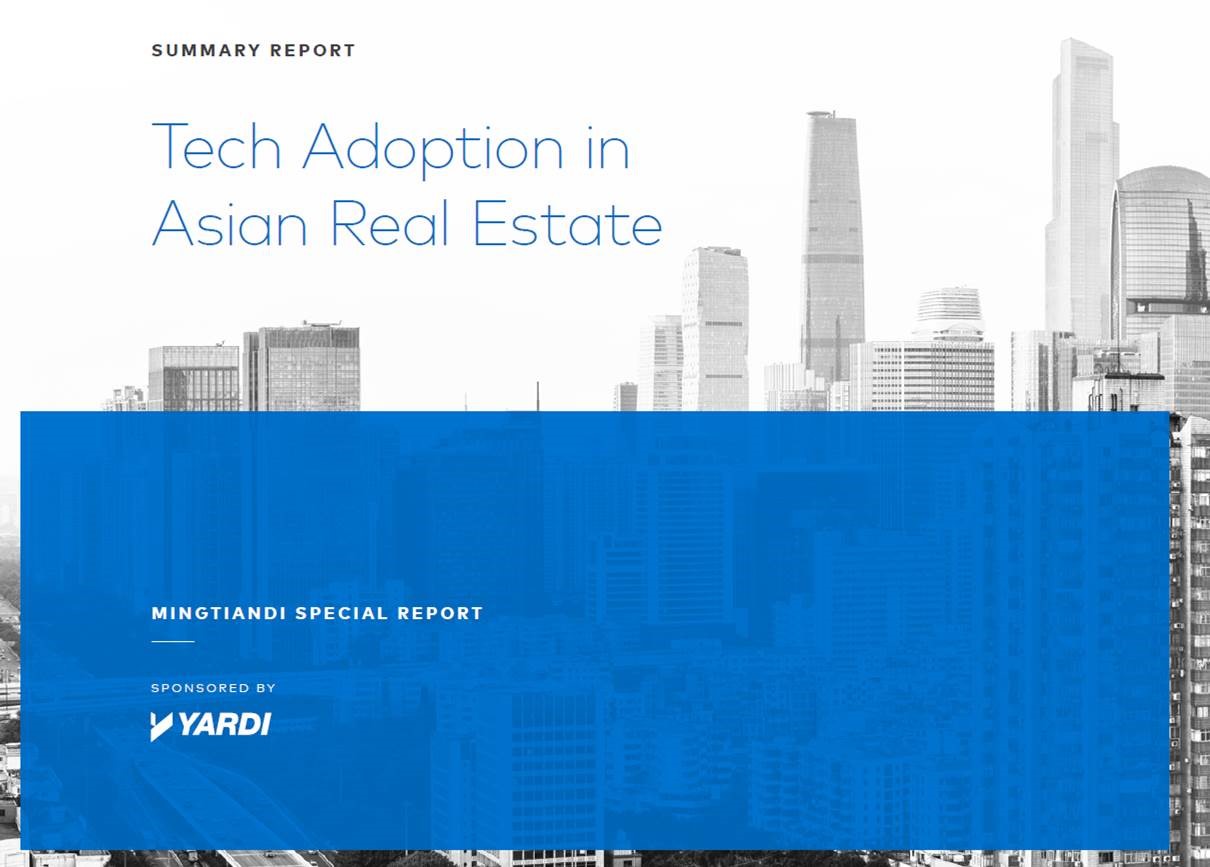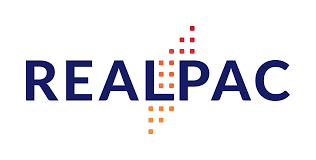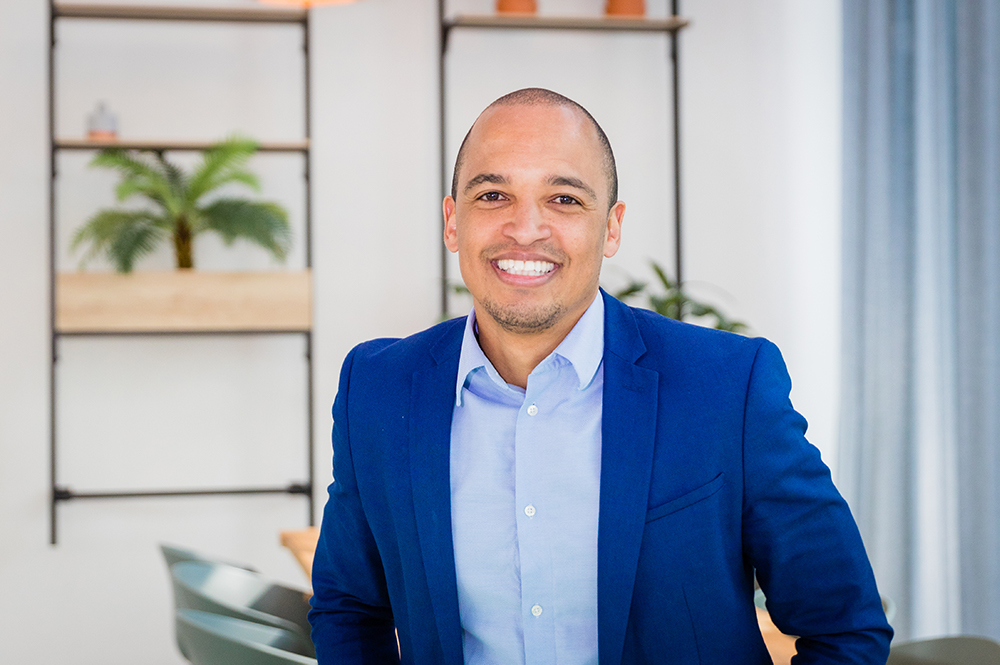Global

APAC Insights
Australia and New Zealand were “underperformers” in Asia Pacific’s real estate market last year, with Sydney’s commercial transaction volumes down by 52%, Melbourne’s by 35% and Auckland’s remaining stagnant. But the countries’ overperformance in their handling of the pandemic could set them up for future success. Last week Yardi called in the experts to find […]
05 / 06 / 21

Market Insights
Last year was a tough one for commercial real estate in Singapore and Malaysia. But with record-breaking transaction volumes rounding out 2020 and Covid-19 vaccines rolling out at speed, there’s hope on the horizon. Yardi recently brought together some of the region’s brightest economic brains to unpack the data and unearth the trends. Here are […]

YASC Makes a Virtual Return
The Yardi Advanced Solutions Conference, which began as two annual events in the U.S. and expanded to encompass six events on four continents, will soon continue its two-decade tradition of helping clients maximize the value of their Yardi software. ”The reason I enjoy YASC is to see new product developments and to understand how other […]

Hong Kong real estate
Is Hong Kong is poised for a real estate resurgence? Two years ago, Hong Kong was the world’s third largest real estate market, trailing only New York and London. The twin challenges of protests and a pandemic have taken their toll. So last week, Yardi called in the experts for their take on Hong Kong’s […]
04 / 15 / 21

GREEN on the Go
GREEN Real Estate is in the process of building a best in class organization that supports the entrepreneurship, growth and development of the company. One of the pillars of such an organization is continuous insight in data availability of business information. In this context creating more seamless leasing processes was a goal for GREEN Real […]
04 / 07 / 21

Improving real estate decisions
The human brain is capable of tremendous achievements. But what are its limitations in business transactions, specifically those involving property and real estate investment management? At what point do machine data-based systems make more accurate decisions than intuition? Human intuition certainly has its place. As Deloitte researchers Surabhi Kejriwal and Saurabh Mahajan have noted, “The […]
03 / 12 / 21

Asia Tech Outlook
Real estate companies in Asia have ramped up investment in technology in response to the COVID-19 pandemic, finds a recent survey of major real estate firms by independent news source Mingtiandi. The research, which was conducted in collaboration with global real estate technology provider Yardi®, finds 70 percent of real estate companies are scaling up […]
02 / 16 / 21

Normalizing Mental Health
Did you know that 38% of Canadians say their mental health has declined due to COVID-19? The data, reported by the Canadian Mental Health Association, highlights the importance of mental health resources. Bell Let’s Talk encourages conversation and awareness around mental health. Its campaigns, such as Bell Let’s Talk Day, aim to decrease the stigma […]
02 / 08 / 21

Smart Guide to Proptech Software
So, you’ve decided to invest in innovative property management software to navigate the challenges of remote work and our changing economy. One look around the proptech marketplace reveals that there are dozens of options available. Many seem to offer similar services. With so many options on the market, how do you know what’s right for […]
01 / 27 / 21

Navigating + Embracing Change
Two catalysts prompted drastic changes in the real estate industry in 2020: COVID-19 and remote work environments. During REALPAC 2020, Anant Yardi, president and founder of Yardi, was joined by Robert Courteau, CEO Altus Group for the session “Emerging and Relevant Proptech in a new COVID-19 World Future of the Canadian and Global Economy.” The […]

Simple, Streamlined Procurement
Efficient, automated procurement and single-point supplier management are within reach. Through Yardi Marketplace, HD Supply Canada offers tools of the trade for multifamily, hospitality and healthcare property managers. It is a collaboration that empowers clients to work with greater simplicity, efficiency and savings. For Munawar Quraishi, general manager for HD Supply Canada Inc., teaming up […]
11 / 19 / 20

BoKlok
In the States, we’ve imported several great things from Sweden. Flat-pack furniture makes our rentals feel like home, and True Blood wouldn’t be the same without Alexander Skarsgård. But if you haven’t considered how Swedish imports could improve the quality and availability of subsidized housing, now is the time. The value of inexpensive housing Per […]
10 / 29 / 20

Digital Services
Residential property investors speeding up digitalisation due to the corona pandemic is a positive development, says Terrence Wong, Yardi regional manager for Europe. However, the main reason for going online is that very soon, potential tenants will expect and demand digital services. ‘The result is happy tenants, more efficient business processes and greater profitability.’ Wong […]
10 / 07 / 20

Outstanding service
These days it might be easy, perhaps even understandable, for those in commercial real estate to downplay the relationship of tenant interaction to asset performance. After all, the COVID-19 pandemic has largely evicted workers from their offices while retail continues to endure e-commerce’s expanding presence. But property owners shouldn’t lose sight of how important ongoing […]
09 / 11 / 20

Fostering Leadership
Like many engineering students, Neharika Jha wasn’t completely sure about her concentration. At the time, she chose computer science engineering. “Not paying too much attention to computer courses taught in school didn’t help initially,” she laughs. But with time, Neharika realized how computer science solved a variety of real-life consumer and business problems. “I realized […]
ENERGIZED FOR TOMORROW
We’re here to help
Do more with innovative Property Management Software and services for any size business, in every real estate market.